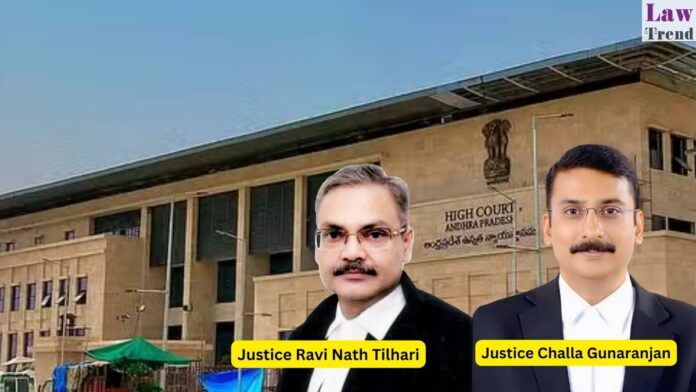The Andhra Pradesh High Court has upheld an order passed by the Special Commercial Court, Visakhapatnam, permitting the plaintiff to file a board resolution and recall a witness during the evidence stage of a commercial suit. The Court held that such relief can be granted in the interest of justice and dismissed the challenge brought
To Read More Please Subscribe to VIP Membership for Unlimited Access to All the Articles, Download Available Copies of Judgments/Order, Acess to Central/State Bare Acts, Advertisement Free Content, Access to More than 4000 Legal Drafts( Readymade Editable Formats of Suits, Petitions, Writs, Legal Notices, Divorce Petitions, 138 Notices, Bail Applications etc.) in Hindi and English.




